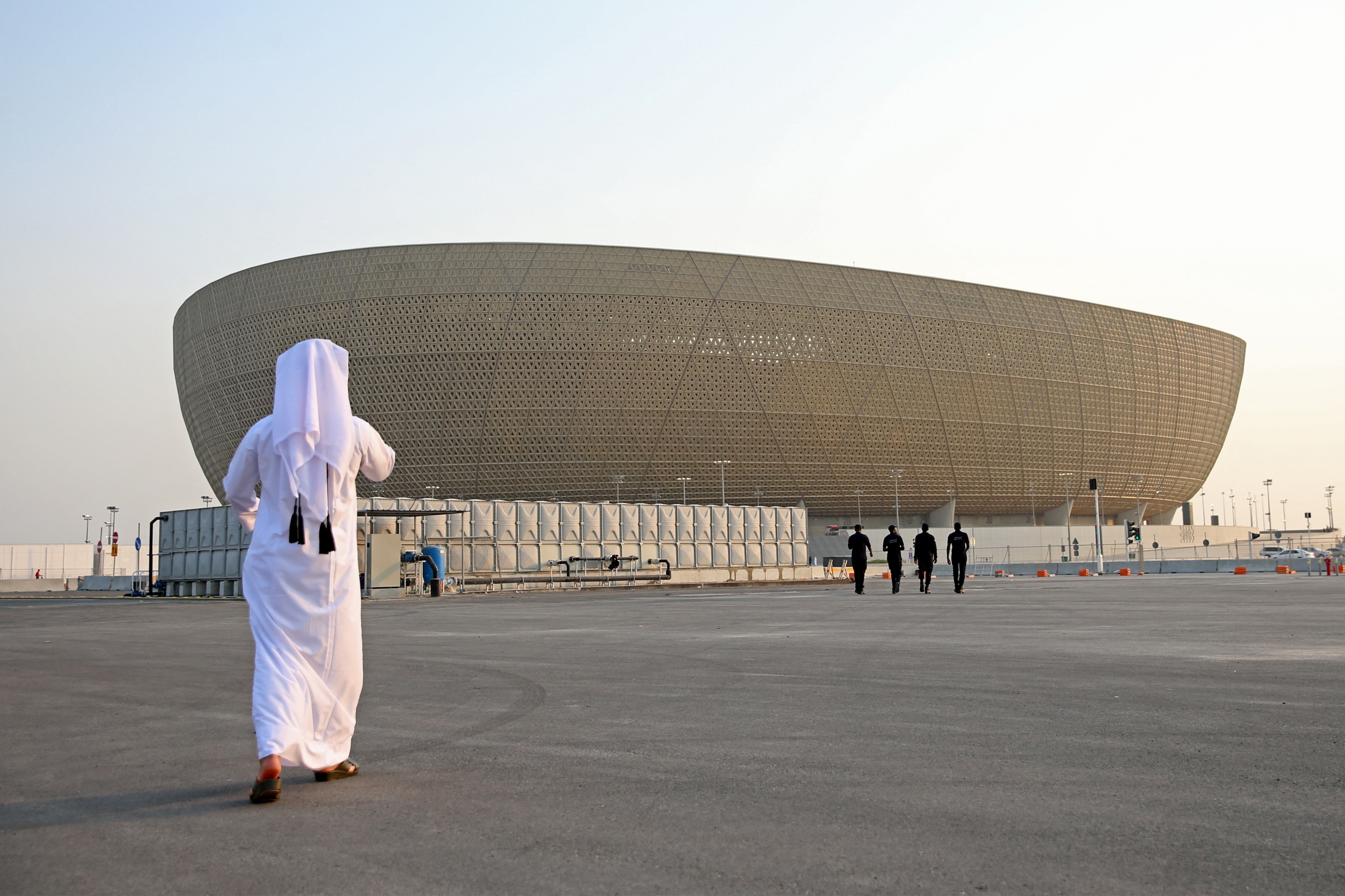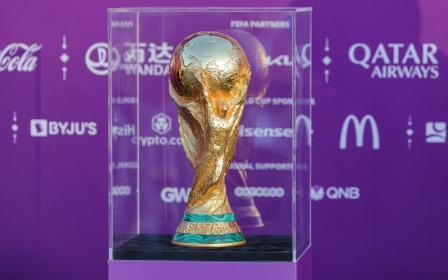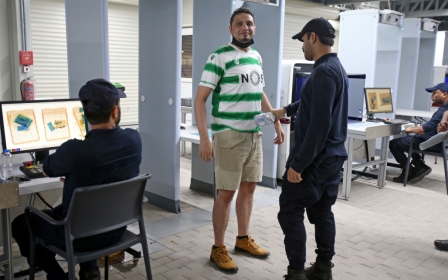Qatar World Cup 2022: Negative Covid tests required, but vaccination not mandatory

Spectators at the World Cup 2022 in Qatar will not be required to be vaccinated against Covid-19, but will have to present a negative test to fly to the country, the government and the Supreme Organizing Committee announced on Thursday.
"People arriving in Qatar are not required to quarantine, regardless of their vaccination status or their country of origin," the organisers added.
At the check-in counter of their departure airport, any visitor aged six years and over must present a negative PCR test result less than 48 hours before departure. A negative antigen test can be presented less than 24 hours before departure.
It will not be necessary to carry out a new test on arrival.
Wearing a mask will be compulsory for everyone on public transport and in health establishments.
New MEE newsletter: Jerusalem Dispatch
Sign up to get the latest insights and analysis on Israel-Palestine, alongside Turkey Unpacked and other MEE newsletters
Anyone who tests positive during the tournament will be required to self-isolate for five days and then wear a mask for a further five days.
Fans over the age of 18 will also be required to download a government-run contact tracing phone app named Ehteraz.
"A green Ehteraz status (showing the user does not have a confirmed case of COVID-19) is required to enter any public closed indoor spaces," the statement added.
Additional information on the use of Ehteraz during the tournament, particularly in stadia, "will be communicated in due course", the organisers told AFP.
Qatar, the first Muslim-majority country to host the tournament, expects 1.2 million visitors for the November 20 - December 18 event and has been rolling out announcements in recent weeks.
In September, sources with knowledge of the planning told Reuters that ticketed fans would be permitted to buy alcoholic drinks at football matches from three hours before kick-off and for one hour after the final whistle. The sale of alcohol is strictly limited in Qatar and is largely confined to high-end hotels.
Middle East Eye delivers independent and unrivalled coverage and analysis of the Middle East, North Africa and beyond. To learn more about republishing this content and the associated fees, please fill out this form. More about MEE can be found here.





